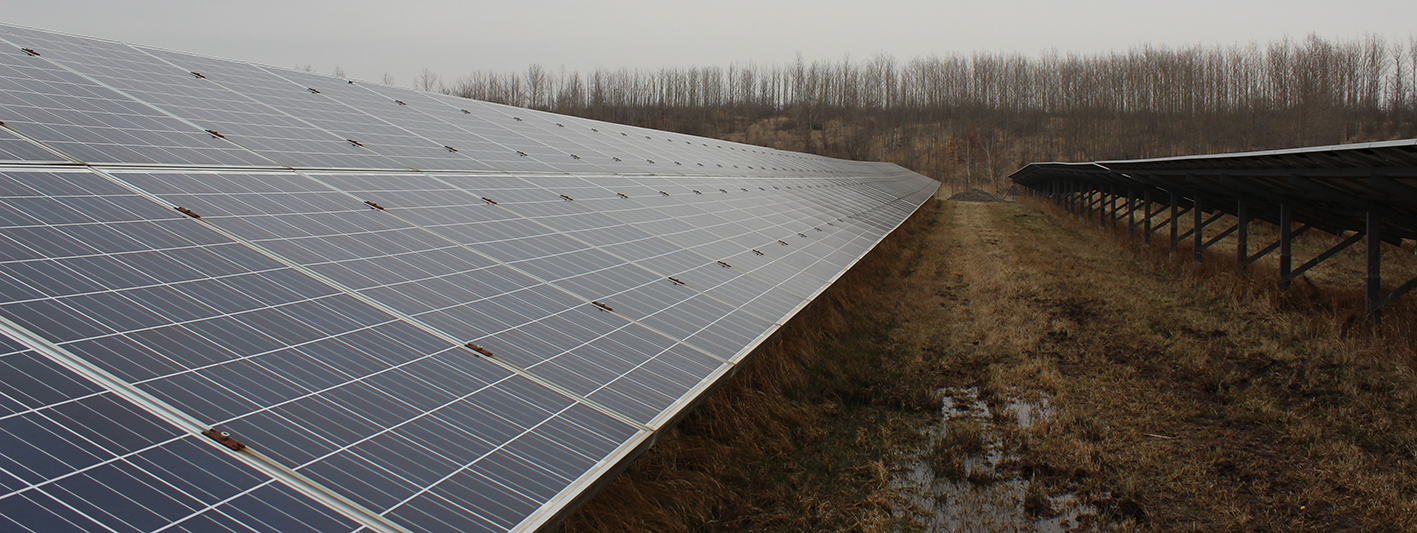The KliMaTE project aims to enable scientifically sound predictions of the reliability of photovoltaic (PV) systems under real environmental conditions. The focus is on developing methods that enable microstructural changes in PV materials to be analyzed and their influence on system performance to be quantified. This should enable the industry to avoid costly repairs after faults occur by taking targeted measures in advance.
An essential part of the solution is linking laboratory results with real environmental stressors. This involves identifying microstructural precursor reactions and accelerating them with relevant stress factors in order to better estimate the service life of PV components. In addition, an automated system diagnostics tool is being developed that evaluates large amounts of data from the operation of PV systems and compares it with material-based fault signatures.
The project is divided into three central work packages: First, a GIS application for analyzing potential PV areas in urban regions is being developed that also integrates weather data. Based on this, microclimates and mission profiles are calculated, which serve as the basis for the service life analysis. Finally, climatic influences as well as storage and grid reliability are included in the evaluation of the PV systems in order to obtain a holistic picture of the system stability.
 Fraunhofer Center for Silicon Photovoltaics CSP
Fraunhofer Center for Silicon Photovoltaics CSP
